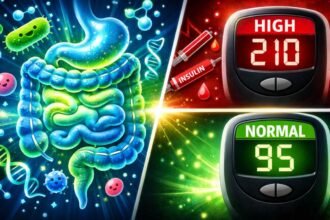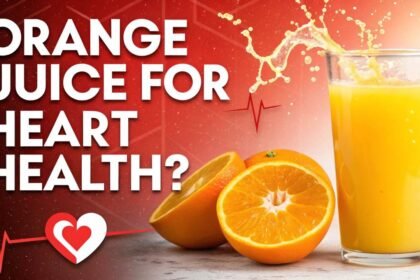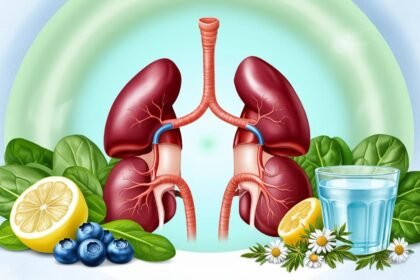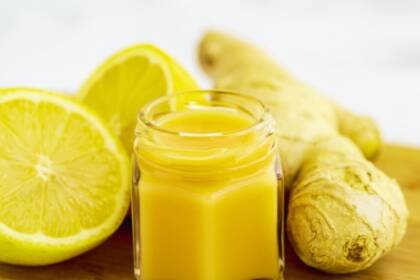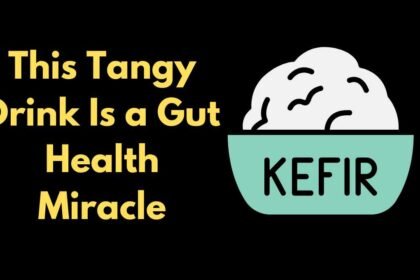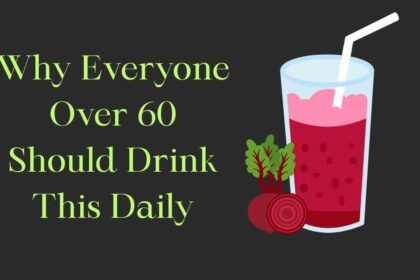We’ve all heard it: “Drink more water!” And it’s true – plain water should be your go-to when it comes to staying hydrated.
It’s calorie-free, simple, and does exactly what your body needs. But let’s be honest – sometimes, water just feels boring.
If you’re craving something a little more exciting without diving into sugary sodas or caffeine-loaded energy drinks, don’t worry – there are other healthy options that can keep you hydrated and give your body some extra benefits.
Let’s explore 3 super refreshing, energizing, and healthy drink alternatives to plain water, backed by expert advice and scientific studies.
1. Sparkling and Infused Water – The Fun Side of Hydration

If you’re someone who finds regular water a bit too plain, then sparkling or infused water might just be your new best friend.
What is it?
- Sparkling water is basically water with bubbles — it’s infused with carbon dioxide gas to give it that fizzy feel.
- Infused water, on the other hand, is water that has been flavored naturally by soaking fruits, veggies, or herbs in it.
Think lemon and cucumber, strawberry and basil, or even orange and mint. It’s like a spa day in a glass.
Why it’s good for you:
According to the CDC, these types of drinks are still a healthy way to stay hydrated – as long as you’re not adding sugar or using pre-made versions loaded with sweeteners or syrups.
What makes infused water great is that it not only adds taste but also tiny amounts of vitamins and antioxidants from the fruits and herbs used.
Sparkling water gives you that “soda” feel without the calories or caffeine, which is a major win.
If you’re trying to cut down on sugary drinks but still crave something flavorful and satisfying, try infused or sparkling water. It’s hydrating, healthy, and far from boring.
Also Read: Can Carbonated Water Help You Lose Weight?
2. Plain Dairy Milk – More Than Just a Childhood Staple
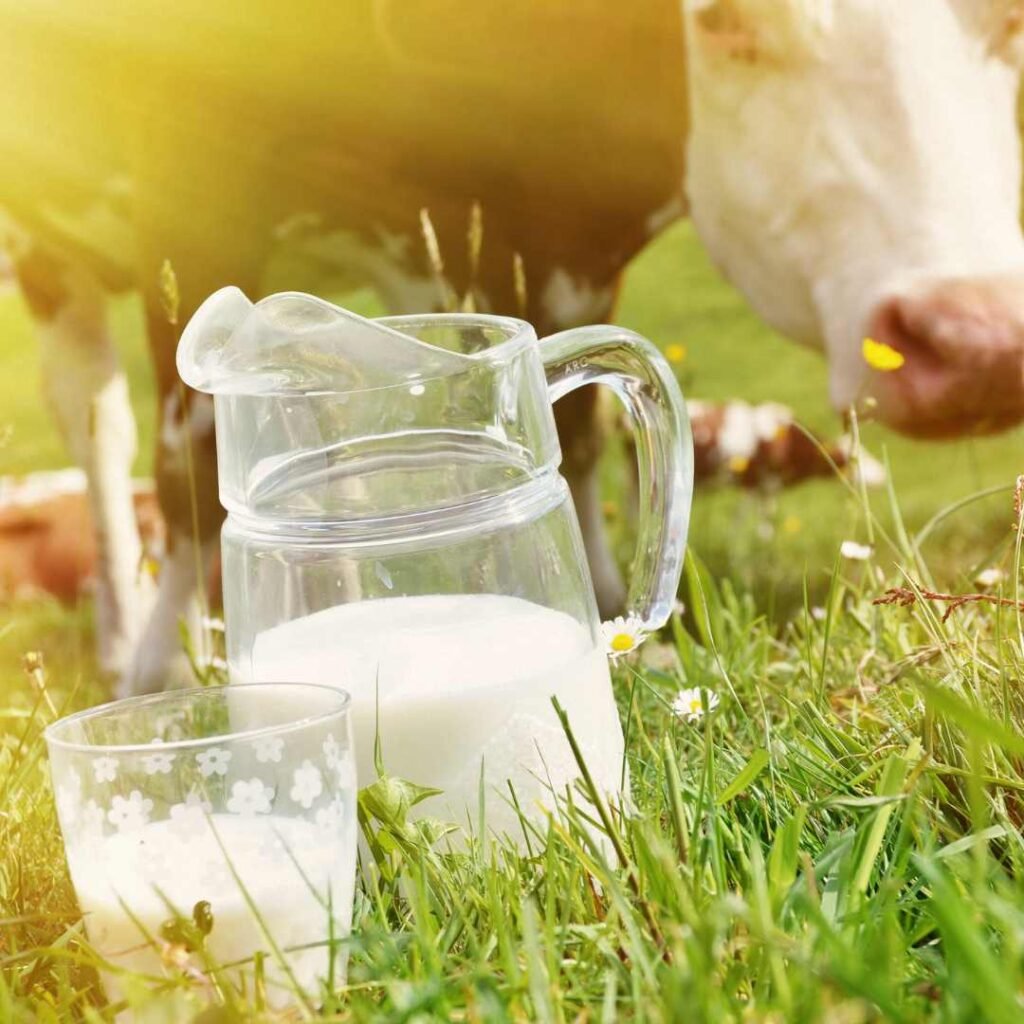
Dairy milk often gets overlooked in adult diets, especially with the rise of plant-based options. But let’s not forget — plain milk is still packed with nutritional value.
What’s in a glass?
Dairy milk provides a solid combo of:
- Protein
- Calcium
- Vitamin D
- Potassium
- Vitamin B12
According to a 2024 study published in Nutrition Journal, just one glass of milk can meet about 30% of your daily calcium needs. That’s essential for strong bones and teeth.
Another article from the UNC Nutrition Research Institute also mentions how milk can help with blood sugar stability and reduce food cravings.
So if you’re someone who’s trying to snack less or manage your energy throughout the day, milk can actually support that goal. (UNC Source: Is Milk Good for You?)
What about fat?
There’s a variety for everyone — whole milk, low-fat, or non-fat. While they differ in fat and calorie content, all types of dairy milk offer similar nutrients, so you can choose based on your dietary needs.
Who should skip it?
People who are lactose intolerant may experience bloating, gas, or diarrhea after drinking cow’s milk.
According to the National Institute of Diabetes and Digestive and Kidney Diseases (NIDDK), lactose intolerance is caused by the body not being able to break down lactose, a natural sugar found in milk.
3. Plant-Based Milks – Dairy-Free and Delicious
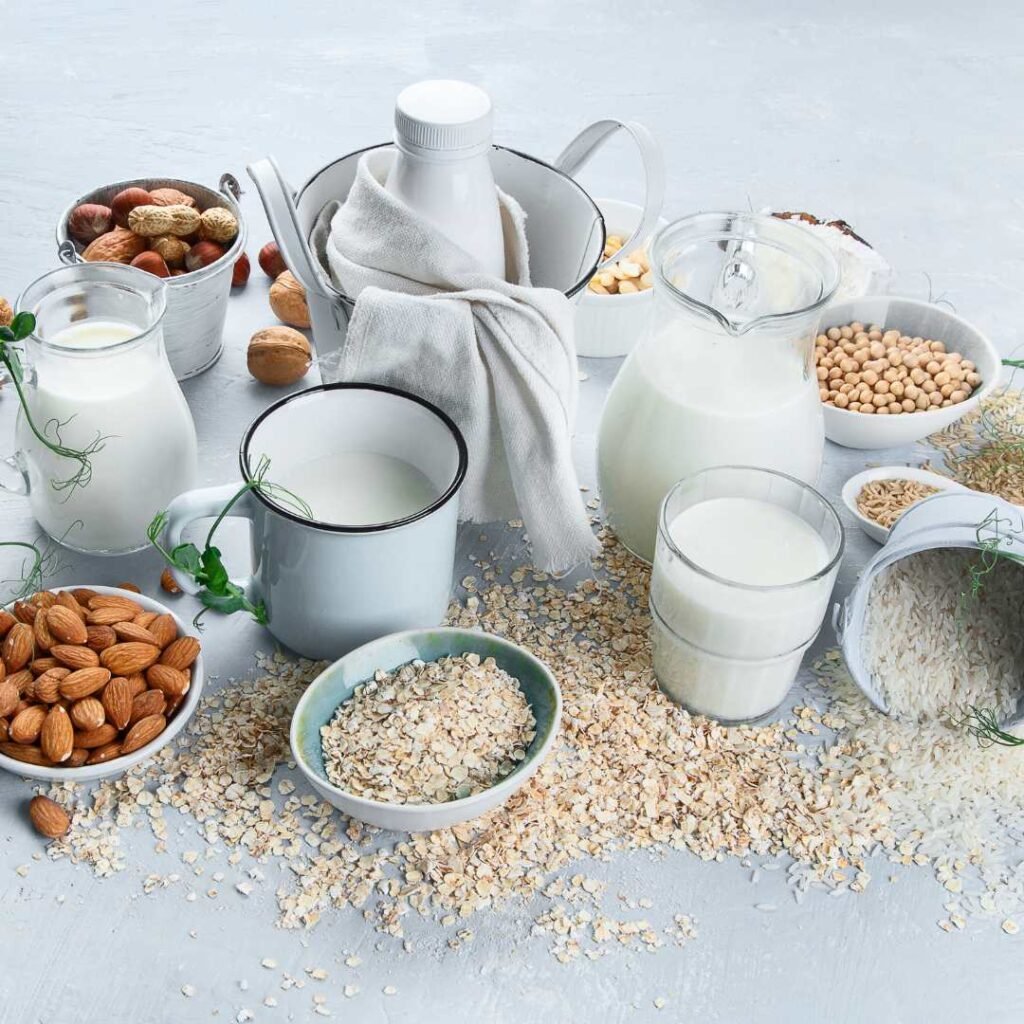
If you’re vegan, lactose intolerant, or just looking for a different kind of milk, plant-based options are here to save the day. There are tons of choices available now, and many of them are fortified to provide similar nutrients to cow’s milk.
Popular picks:
Soy Milk
Soy milk is the OG of plant-based milks. It’s rich in protein and fiber, making it a great all-around drink for energy and fullness.
Fortified versions also provide calcium, vitamin D, and vitamin A. According to a study published in the Journal of Food Science and Technology, soy milk is one of the closest alternatives to dairy milk in terms of protein content.
Almond Milk
Almond milk is light, nutty, and super low in calories. It’s naturally rich in vitamin E and often fortified with vitamin D and calcium. It’s a great option if you’re watching your calorie intake but still want a nutrient-rich drink.
Other options:
- Oat milk – creamy and naturally sweet
- Coconut milk – flavorful and good for smoothies
- Hemp milk – rich in omega-3 fatty acids
- Rice milk – good for those with nut allergies
- Macadamia milk – smooth with healthy fats
Quick tip:
Always check the labels! Some plant-based milks come with added sugars or artificial flavors. Choose unsweetened and fortified versions for the healthiest pick.
What to Avoid
While these drinks are all excellent alternatives, it’s just as important to know what to skip when it comes to beverages:
- Sugary sodas and juices: High in calories and sugar with little to no nutritional value.
- Energy drinks: Often overloaded with caffeine and sugar.
- Flavored coffee drinks: Some can have over 300 calories in a single serving.
According to the CDC, regularly drinking high-calorie or sugary drinks can lead to weight gain and increase the risk of chronic conditions like diabetes and heart disease.


